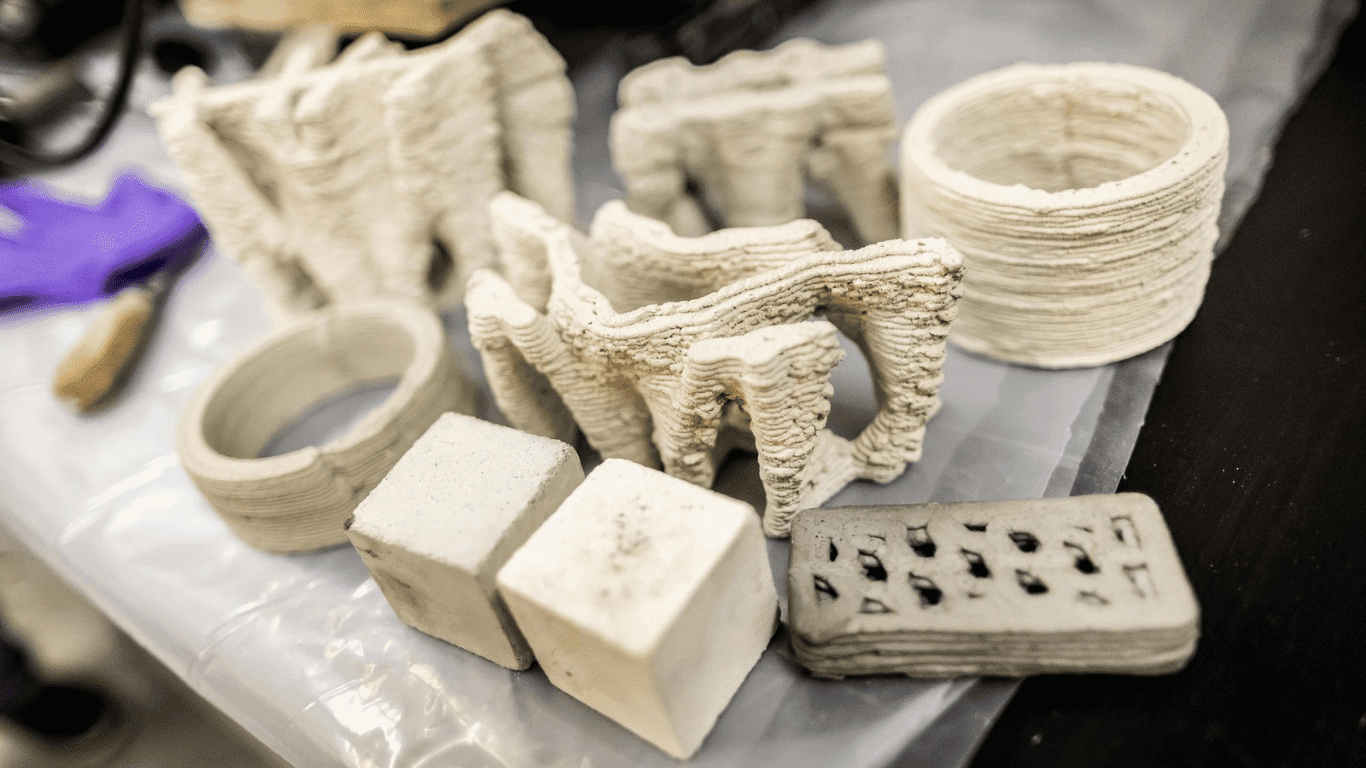We’re all familiar with those pesky dandelions in our backyards, the ones that seem to grow back no matter how much we try to get rid of them. But Continental Tire is developing ways to turn these weeds into a more sustainable way to create a product that people use every day—car tires. Even though these tires won’t take the dandelions out of your yard (Continental only uses Russian dandelions), they will help the planet.
The majority of the tires produced today use natural rubber sourced from tropical rubber trees located in Southeast Asia, South America, or West Africa. However, tires are not manufactured in these places, meaning that a great deal of energy (and money) is used to get the natural rubber to production.
As a result, Continental Tire decided to try an alternative to rubber trees—Russian dandelions. In collaboration with various institutes and with the support from the German Federal Ministry of Education and Research and the German Federal Ministry of Food and Agriculture, Continental Tire successfully produced and tested the first tires where the tread is made 100% out of dandelion natural rubber as a polymer.
Continental selected the Russian dandelion because it can thrive in a large part of the world; it doesn’t require an exceptionally special type of soil. Since these dandelions could be industrially cultivated, it would be possible to grow the dandelions in the region of the tire production plants, significantly reducing the output of CO2.
To make the Russian dandelion even more sustainable, it can be cultivated on land deemed unsuitable for food production. This means that its production would not impede on food production land. Additionally, the Russian dandelion has a one-year growth period whereas the rubber tree has a seven-year life cycle.

The dandelion-based rubber is called Taraxagum™, and researchers are currently looking to further develop the plant and type of farming necessary for it to effectively grow for industrial applications. The company produced the first test tires for passenger cars and trucks in 2019, and plans are in place to industrialize the technology for car and commercial vehicle tires in the next five to seven years.
For more information about the technology and sustainability of tires, tune in to Tomorrow’s World Today’s “The Tires of Tomorrow” streaming NOW on Science Channel GO and Discovery GO!







